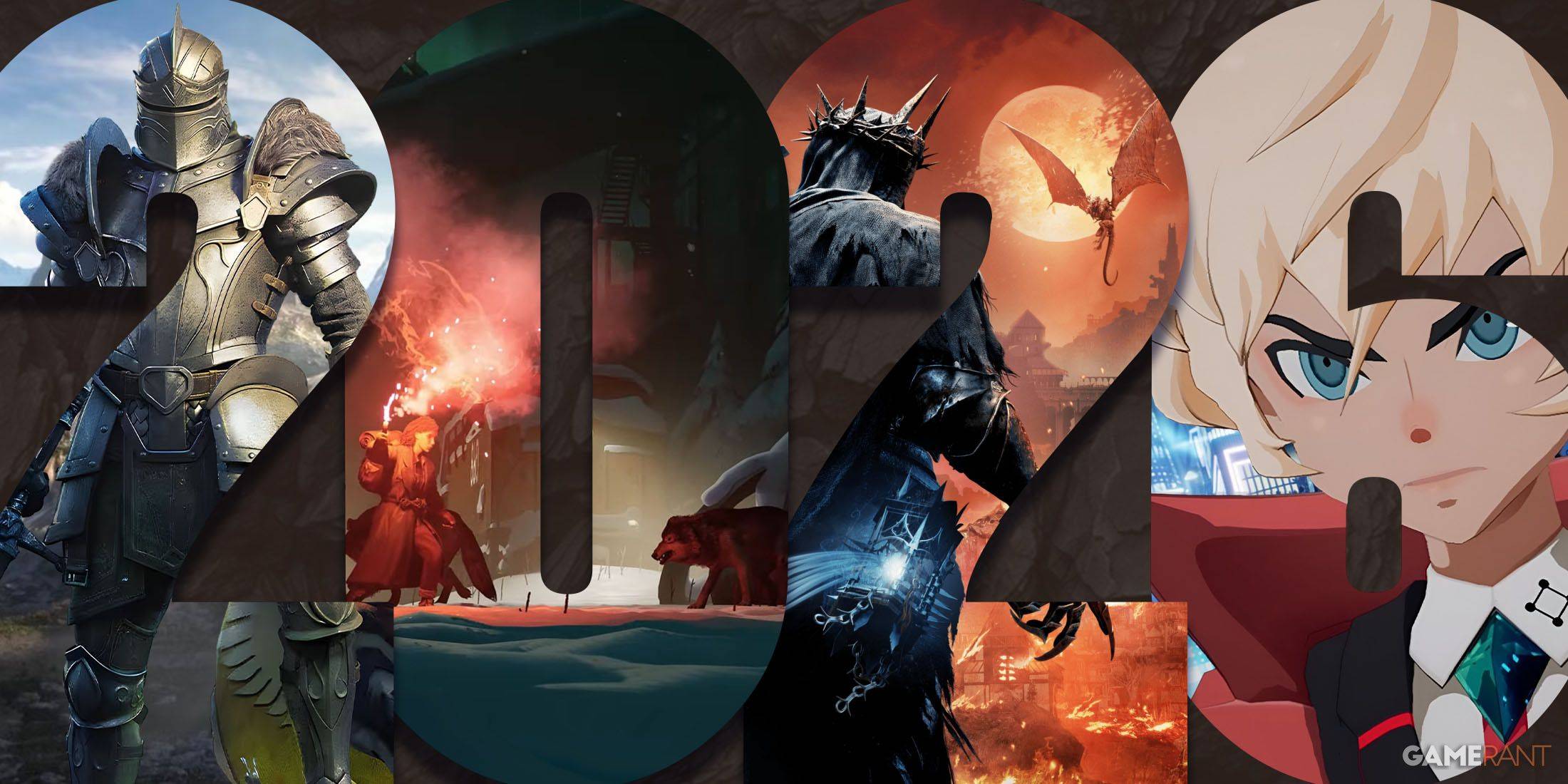"Elden Ring's Nightreign Echoes Forgotten God of War"
This past weekend marked the initial network tests for Elden Ring Nightreign, a new standalone multiplayer game branching off from FromSoftware's acclaimed Elden Ring. Unlike the Shadow of the Erdtree DLC released last year, Nightreign diverges significantly from its predecessor's open-world exploration. Instead, it adopts a streamlined survival format, where three-player teams must navigate progressively shrinking maps to combat enemy groups and tackle increasingly formidable bosses. This design echoes the influence of the wildly popular Fortnite, which boasts over 200 million players this month alone.
However, Nightreign draws even closer parallels with a lesser-known and often-criticized game: God of War: Ascension from 2013. Released between God of War 3 and the Norse reboot in 2018, Ascension served as a prequel set in the Greek mythology universe, following Kratos as he attempts to break his oath to Ares. Though it failed to match the epic finale of the original trilogy, Ascension is unfairly labeled as the series' black sheep. While its single-player campaign, particularly the confrontation with the Furies, didn't reach the same heights as Kratos' battle with Zeus, the game featured stunning set-pieces like the Prison of the Damned, a dungeon carved into the body of a 100-armed giant.
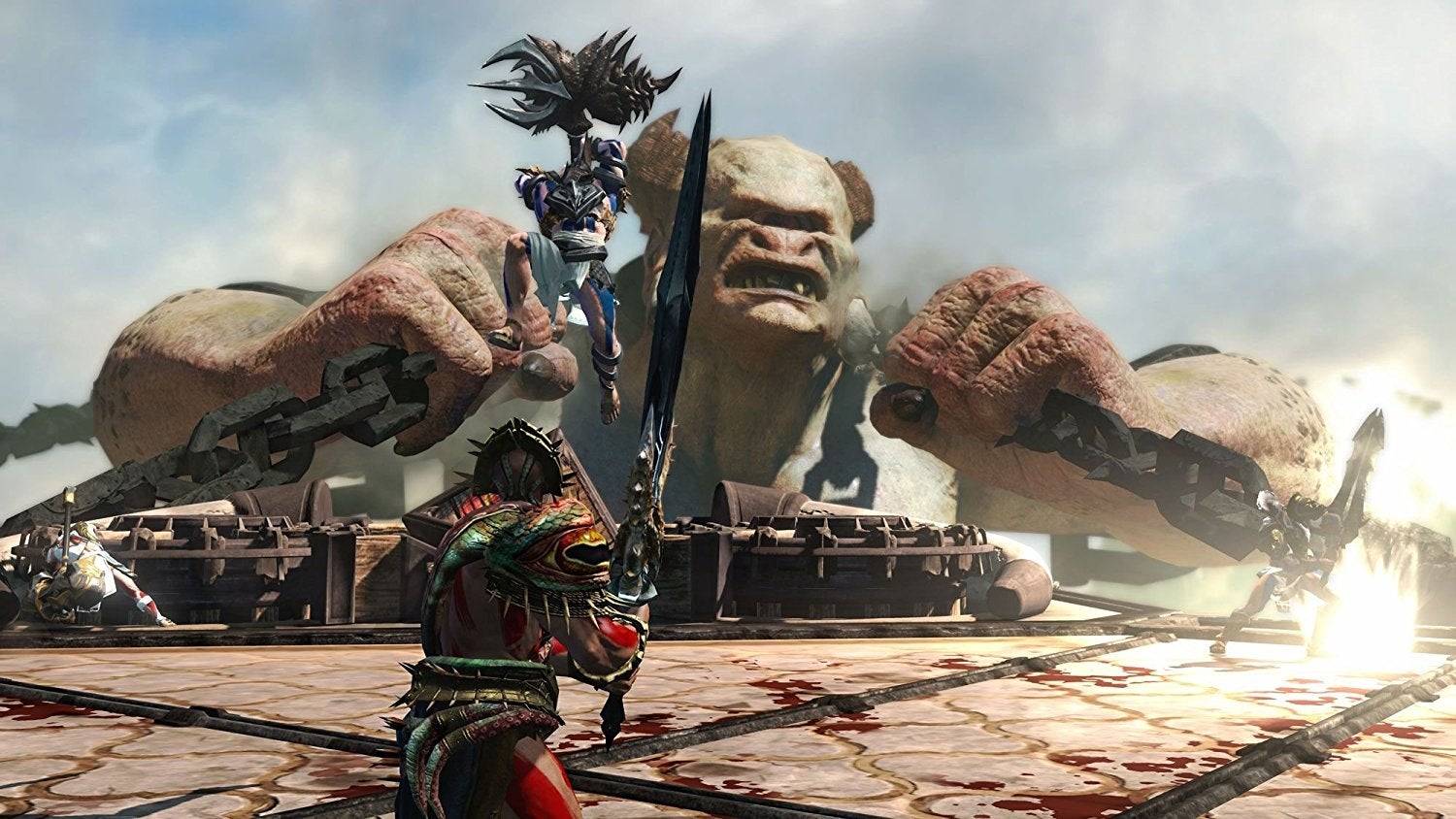
Gameplay previews of Nightreign by renowned "Soulsborne" YouTubers such as VaatiVidya and Iron Pineapple, along with IGN's coverage, highlight similarities to live service games like Fortnite. Nightreign integrates randomized loot, resource management, and environmental hazards that challenge players as the game progresses. It even adopts Fortnite's iconic skydiving entry into the level, with players being transported by spirit birds to their chosen landing spots.
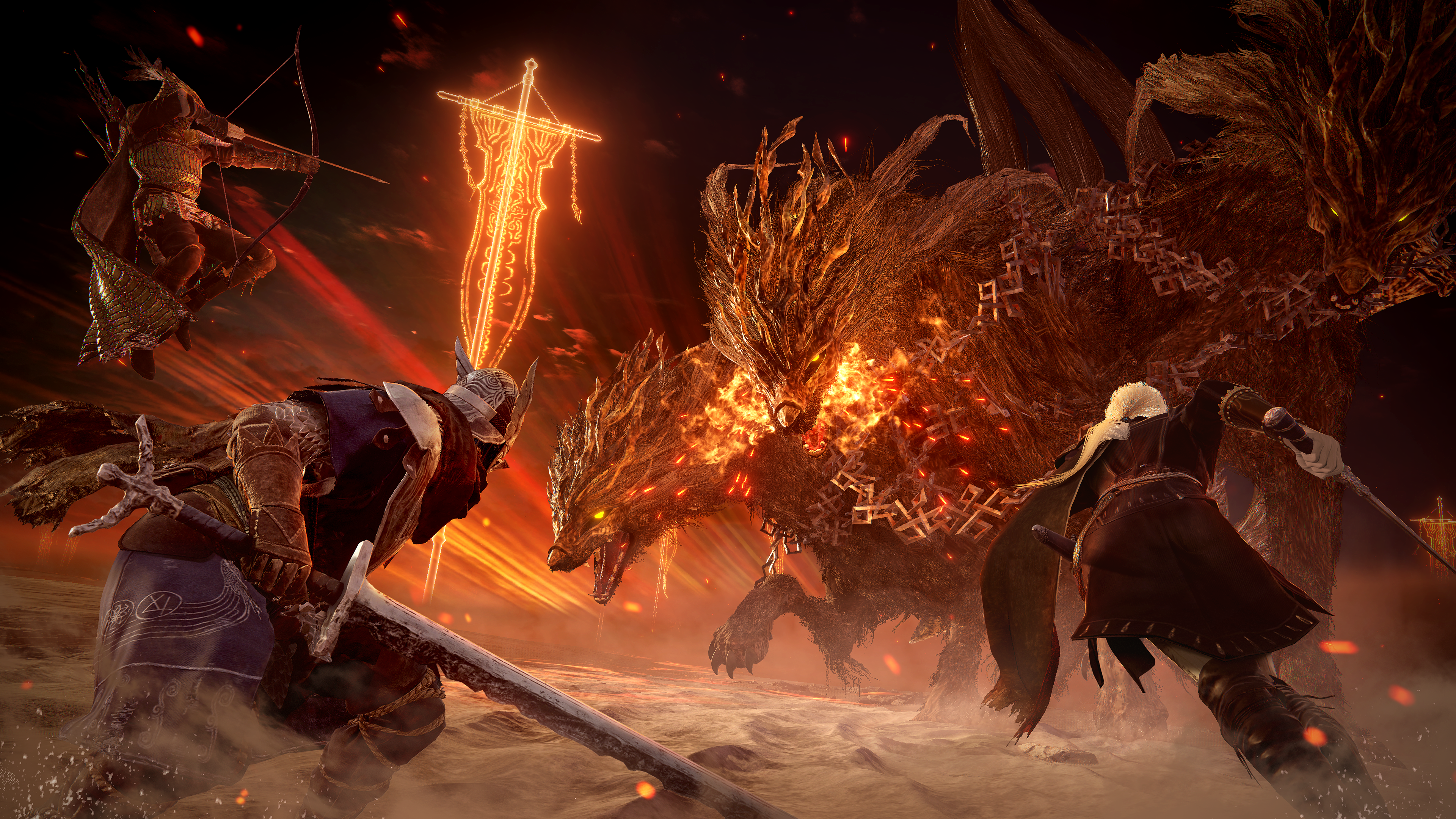
Feedback from participants in Nightreign's network test describes the gameplay as a frantic and thrilling race against time, contrasting sharply with the methodical pace of the original Elden Ring. Nightreign forces players to rely on instinct, accelerating the pace and limiting resources, a design choice VaatiVidya describes as being "made in the name of speed and efficiency." Players must now channel their inner spirit horse to run faster and jump higher, compensating for the absence of Torrent.
Ascension's multiplayer mode similarly adjusted its single-player framework to enhance pacing, using techniques akin to those in Nightreign. It increased player speed, extended jumps, automated parkour, and introduced a grapple attack, mechanics echoed in Nightreign's Wylder character. These enhancements are crucial in the fast-paced "Trial of the Gods," where players, akin to Kratos, must navigate waves of enemies with precision and haste.
The similarities between Nightreign and Ascension are surprising, not just because Ascension has largely been forgotten, but also because the Soulslike genre, epitomized by Elden Ring, originally stood in stark contrast to the power fantasy of God of War. While God of War empowers players to challenge gods, Soulslike games transform players into vulnerable, cursed beings facing daunting challenges. Over time, however, as players mastered these games and developers introduced more potent weapons and spells, the difficulty has lessened, leading to numerous game-breaking builds in Elden Ring. Nightreign aims to reintroduce a heightened level of challenge by removing these powerful builds, offering players a chance to experience the intensity and urgency reminiscent of Kratos' battles in God of War: Ascension.








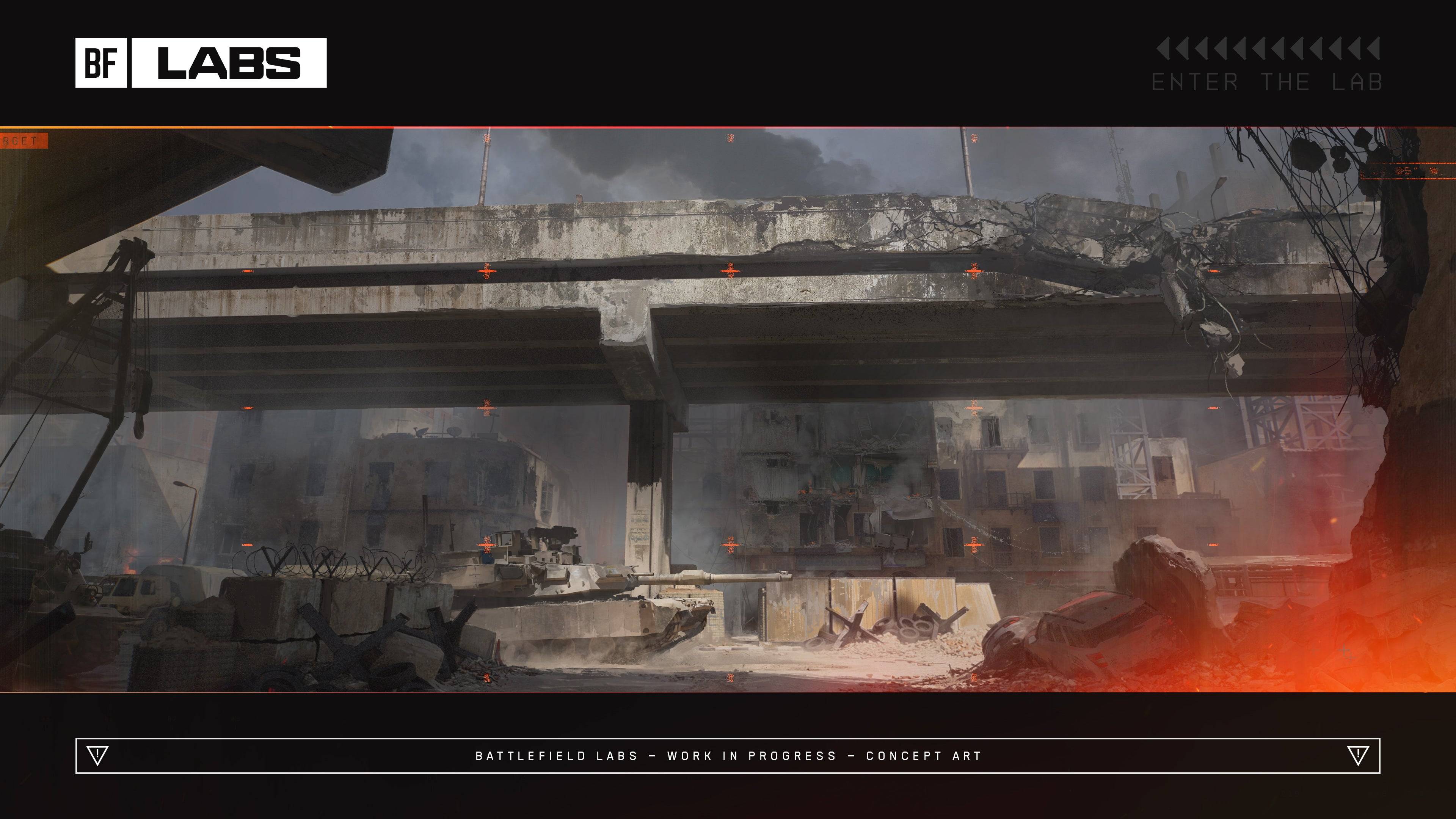
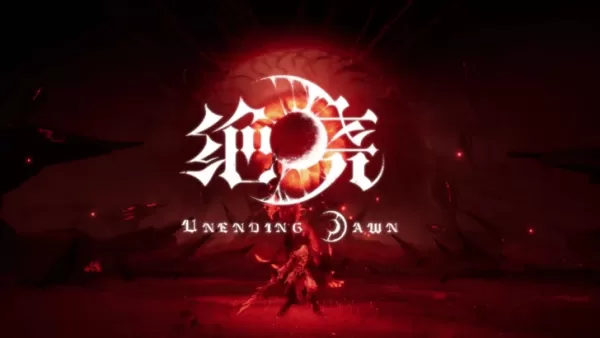
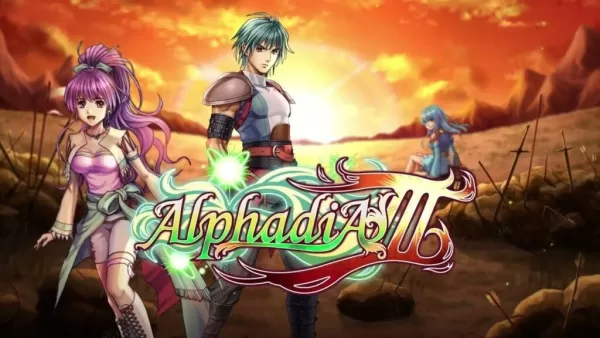
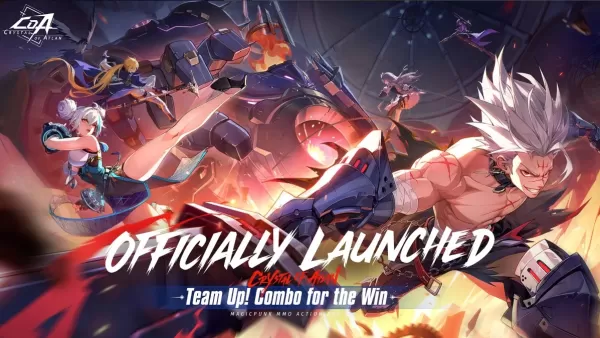












![Salvation in Nightmare [v0.4.4]](https://imgs.21qcq.com/uploads/36/1719555347667e551321c26.jpg)
